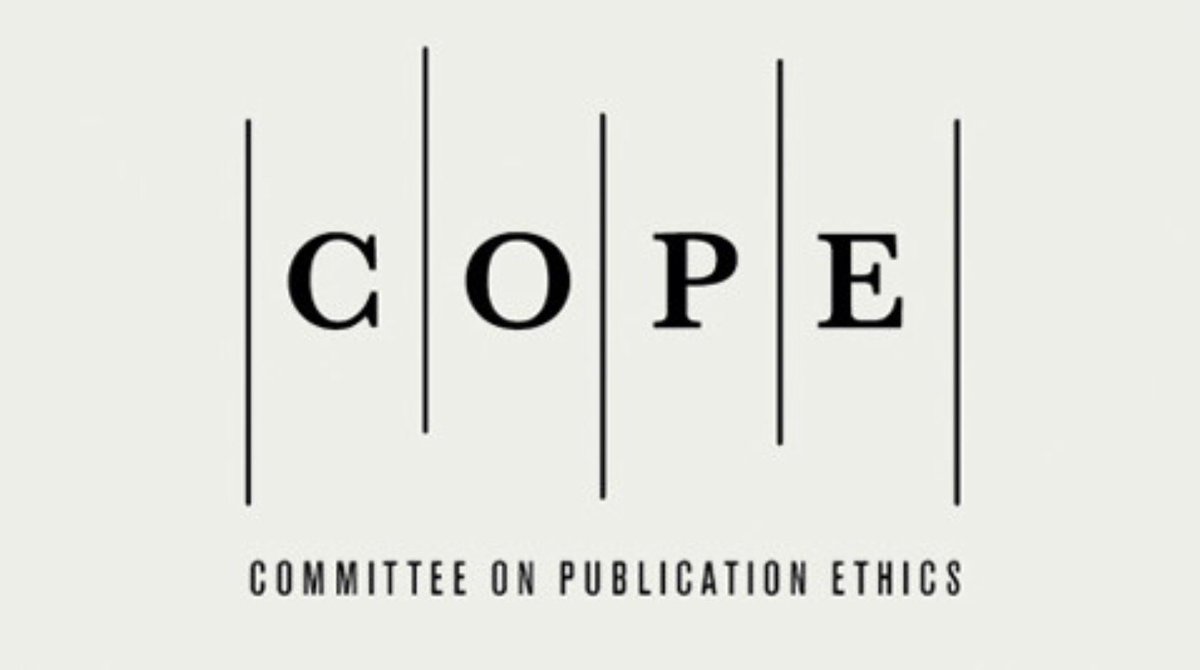[2] THE LEGAL FRAMEWORK OF COMPARATIVE ADVERTISEMENT IN INDIA : A COMPARATIVE STUDY WITH UK AND USA
ARTICLE INFO: Date of Submission: April 24, 2023, Revised: May 05, 2023, Accepted: May 14, 2023, https://doi.org/10.56815/IJMRR.V2I2.2023/7-18
Abstract
This study examines the legal framework surrounding comparative advertisement in India and compares it with the regulations in the
United Kingdom (UK) and the United States of America (USA). The study begins by providing an overview of the concept of comparative advertisement and its importance in the modern business environment. It then delves into the legal framework governing comparative advertisement in India, focusing on key legislation, such as the Consumer Protection Act, 2019, and the Trademarks Act, 1999. The study analyzes the provisions, restrictions, and regulatory authorities responsible for overseeing comparative advertisement practices in India. To offer a comprehensive understanding of the subject, the study compares the Indian legal framework with that of the UK and the USA. It explores the relevant legislation and regulatory bodies in these jurisdictions, such as the UK's Consumer Protection from Unfair Trading Regulations 2008 and the Federal Trade Commission Act in the USA. By examining the similarities and differences between the legal frameworks, the study aims to identify best practices and potential areas of improvement for India's comparative advertisement regulations. Moreover, the study discusses several notable cases and legal precedents in India, the UK, and the USA that have shaped the legal landscape of comparative advertisement. It examines court decisions and rulings that have influenced the interpretation and application of relevant laws in each jurisdiction. The study concludes
with a summary of key findings, highlighting the areas where India's legal framework can be strengthened to ensure a fair and transparent environment for comparative advertisement. It emphasizes the importance of striking a balance between promoting healthy competitions and protecting consumers from misleading or deceptive advertising practices.
Keywords:
Comparative advertisement, Legal framework, Regulations,, Legislation, Consumer protection, Trademarks, MarketingDownloads
License
Copyright (c) 2023 Author(s)

This work is licensed under a Creative Commons Attribution-NonCommercial 4.0 International License.






























